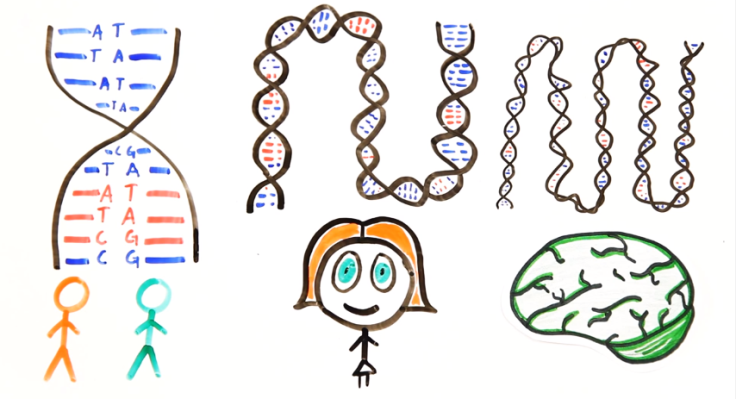Is Intelligence Genetic? What Science Can And Can’t Do To Pass On Your Genius

If parents aren’t totally onboard with creating a race of super humans, capable of the highest levels of cognition, they at least want to make sure their own kid is smart. Entire banks of sperm donors and categories for online dating profiles are dedicated to this pursuit, and for all of it to matter, intelligence needs to be genetic. So is it?
Unfortunately, it depends. Unlike diseases and physical traits, both of which can be represented differently according to a single gene mutation, personality traits like intelligence aren’t defined so rigorously. Science likes to use a person’s IQ as their baseline intelligence marker, but researchers are increasingly finding that intelligence is more complex than IQ. It’s easy to spot, but hard to define. And that makes for tiresome work in the scientific community.
That’s not to say scientists won’t try. Researchers from BGI Cognitive Genomics in China are currently in the process of screening some 20,000 people whose IQ is over 150 to determine just how much of intelligence is passed through our DNA. Current estimates from twin studies suggest “as much as 80% of the variance in [general intelligence] scores is due to genetic causes,” the institute explains. These rates are achieved through correlation studies, which tend to find, for example, that math-savvy people also have large vocabularies.
Ultimately, the hope lies in in vitro fertilization. If science can screen individual DNA for certain genes that it knows are associated with intelligence, parents turning to IVF will be able to hand-pick the embryo that will grow up to be supremely well-read, or a virtuoso on the viola.
In the meantime, however, a parent’s best bet is… well, smarter parenting.



























